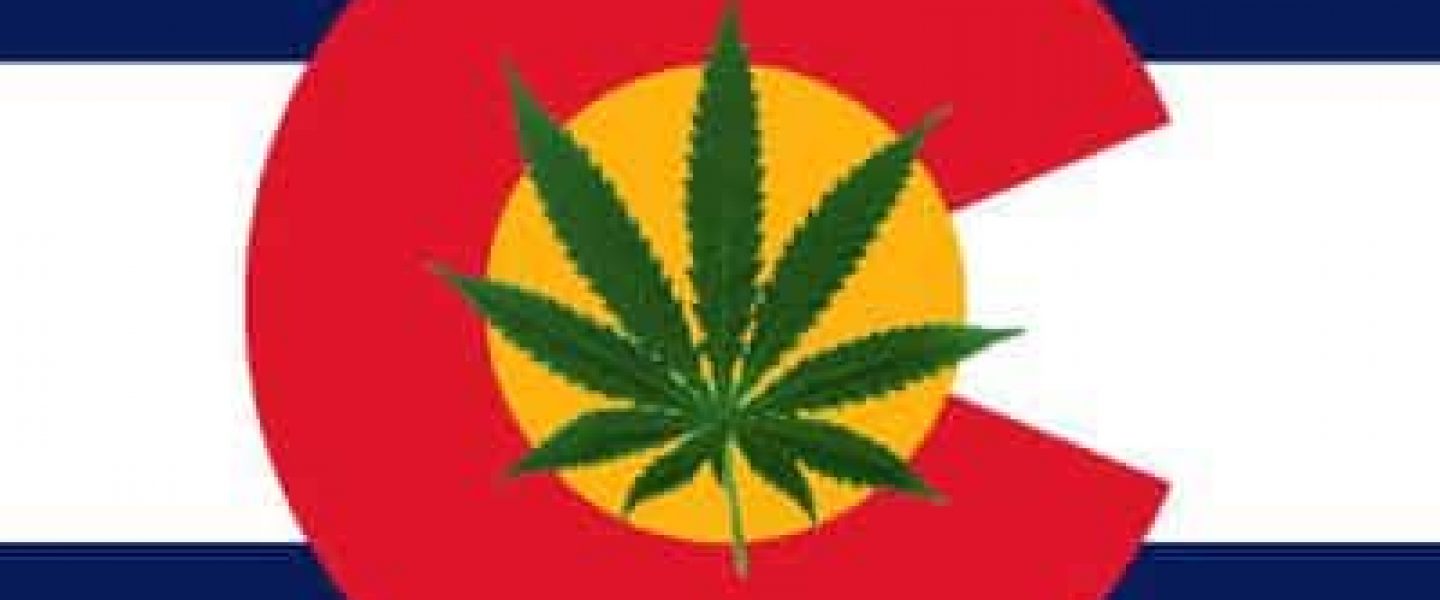While several Colorado cities and towns have already banned or restricted medical-marijuana businesses, others will ask voters in November if they want pot dispensaries in their communities.
It’s the type of do-or-die situation Tom Wilczynski has craved.
“Up until now, we’ve kept a low profile,” said Wilczynski, the 47-year-old co-owner of Cannabis Care & Wellness Center. “But now we have an opportunity to show the community we are a legitimate business that truly helps people.”
Wilczynski and the owners of 12 other dispensaries in Loveland have until Nov. 2 to persuade voters not to shut them down.
At least three other municipalities in Colorado have placed the same question on their November ballot, including Windsor, Aurora, and Granby. Granby will also be asked to decide “no” or “yes” on dispensaries. If they vote “yes,” then they will be asked if a 5 percent sales tax should be imposed on pot sales.
The number of cities asking voters to decide the medical-marijuana question may grow to as many as 10 or more, say Colorado Municipal League officials.
“A lot of towns and cities are still holding public hearings and gauging where people are coming down on the issue,” said Rachel Allen, staff attorney for the Colorado Municipal League. “This is a tough issue for them.”
Nearly 30 city councils and town boards in Colorado have already or are proposing to bypass voters on the issue of medical marijuana.
They have decided on their own to either ban dispensaries – including Broomfield and Westminster – or set up restrictions, like in Denver and Breckenridge.
Letting communities chose different paths in dealing with medical marijuana is exactly what state lawmakers had in mind when they passed House Bill 1284, said Sam Mamet, the municipal league’s executive director. The bill allows local governments to license dispensaries or to prohibit them through city council edict or by public vote.








